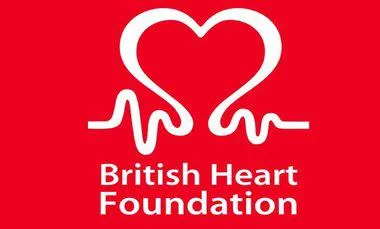Our Group studies mechanisms of immune activation and tolerance in humans, discovering how the immune system works, with a focus on the interaction between metabolism and immune function. We aim at finding new ways to modulate the human immune response, important to restore homeostasis (which is defective in chronic inflammation) or boost the effector arm (beneficial when the body fights infection or cancer). To achieve this, we study how metabolites and metabolic routes interact with the immune response at the cellular and systemic levels. We envision that in the near future, we will be able to inform immune interventions through diet.





